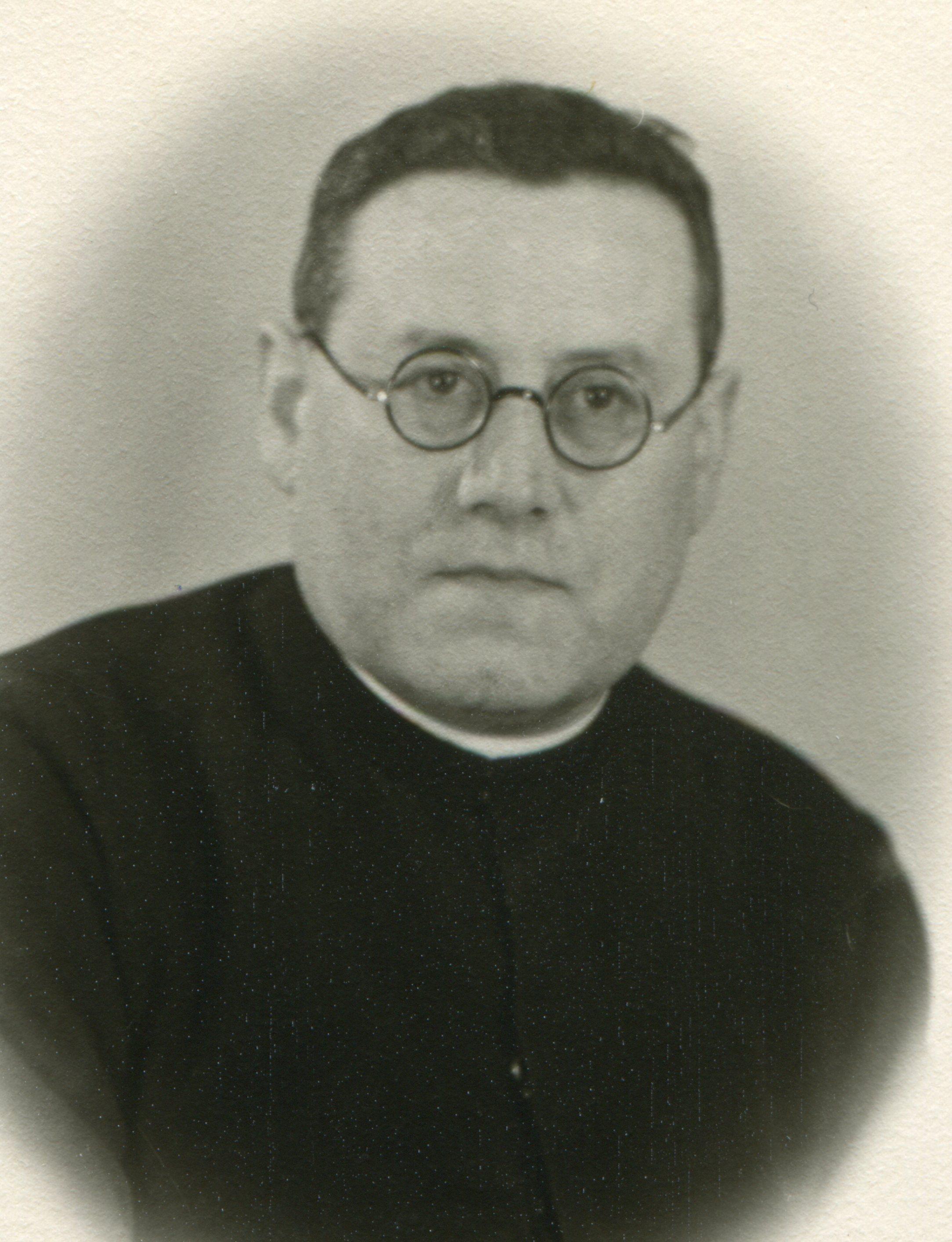Daniel Comboni
Misioneros Combonianos
Área institucional
Otros links
Newsletter
In Pace Christi
Taddei Tolmino
Fr. Tolmino Taddei was born in Viano, Reggio Emilia, in 1915. He attended secondary school in the diocesan seminary of Marola (Reggio Emilia). After that he entered the Comboni novitiate of Venegono Superiore and took his first vows on 7 October 1938. He then studied theology for one year in Venegono and for the remaining three years in Verona. He was ordained priest on 29 June 1940.
He spent the first 20 years of his priesthood between Padova (1940-1942), Troia (1942-1947), Kenya (1948-1951) and Stillington, England (1951-1960). He then was sent to Brazil where he remained for the next 41 years of his life. Fr. Tolmino died in Teresópolis, in the State of Rio de Janeiro, Brazil, on 15 March 2002 at the age of 86.
Writes Fr. Giovanni Munari: “He had lived in Brazil since 1961. After working in several parishes of the province (Conceição da Barra, João Neiva, Axingui, São José do Rio Preto and Nova Venécia), he obtained permission to take up residence in Teresópolis, a large institution that also includes a centre of spirituality. He soon became the official chaplain of the center. It was supposed to be a temporary arrangement. Fr. Tolmino stayed there for 30 years.
Notwithstanding what one might think, Fr. Tolmino’s life was all but quiet. He became a very well known personality in the city because of his love for the poor. In the “favelas”, his was a most sought after and respected presence. He would give religious assistance to the communities he visited by celebrating Mass with the people first and by immediately doing the rounds of the homes to get to know each and everyone. He shared in their traumatic situations, because not only did he listen, but he felt personally involved. His home became a point of reference for many people who would look for him from early morning and who, more recently, did not even give him time to eat. He would welcome everyone, and speak to everyone. He knew everybody. Children went by to greet him, adults went to ask for food, priests went to confession to him, respectable city dwellers saw in him a safe channel to practice solidarity and sharing.
During the last few weeks he had to be admitted to hospital. He had been found unconscious on the floor in the little house where he lived in absolute poverty. When I went to see him, I told him about the necessity of caring a little more about his health and his future, but he began to tell me of “situations” he was involved with and which visibly worried him: A mother who could not provide for her five children; another who had been abandoned by her husband; a single mother who had to run away from home; a woman with his “companion” in jail. He felt that all these problems had been placed on his shoulders and could not shake them off. It was his world. He spoke of nothing else and lived only for that.
At home he had a small cot in a corner of a little room. He did not want anyone to replace his bed or mattress by now long worn out. He did not allow anyone to put order in his room because he reserved all the available space for the things he bought or received: milk, rice, beans, oil, clothing, toys. His task was to give things out. As soon as he received something, he handed it out. Occasionally someone used to remark how some of the people he was helping were not really as needy as they pretended to be, but he would simply answer: “Let it be. These are the poorest.”
A large crowd came for his funeral. A religious sister, seeing the crowd pressing on to touch him one last time, said: “The whole town is here.” Dom José Carlos de Lima Vaz, bishop of Petrópolis, presided at the Eucharist surrounded by about 20 priests from the city, many helpers and, above all, hundreds of anonymous people who kept on saying: “Tolmino was a saint.”
And so he passed away on the day of Comboni’s birthday, surrounded by his poor and remembered as the “saint of the poor.”

